Cavour and Garibaldi 1860: A Study in Political Conflict
First published in 1954, and now re-issued with a fresh preface, Cavour and Garibaldi remains the single most important contribution yet made by an English-speaking historian to the study of the Risorgimento. Devoted to seven crucial months in 1860, the work examines in detail the sequence of events between the Sicilian rebellion in April, and the absorption of all the south into the Italian kingdom of Victor Emmanuel in November. It shows, in the contrasting priorities of the two great leaders, the creative tensions that underlay the movement for Italian unification. Against Cavour's desire to extend to the rest of the peninsula the benefits of Piedmontese liberalism, the author juxtaposes Garibaldi's dream of a united Italy, achieved if necessary by force. The diplomat and political strategist is compared with the soldier and popular hero, and in the comparison it is Garibaldi who emerges as the realist, and Cavour as the inspired but dogmatic muddler.
{{comment.content}}
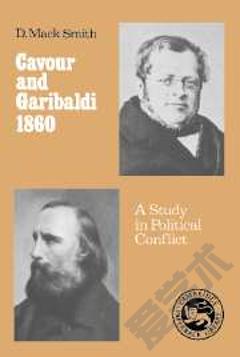
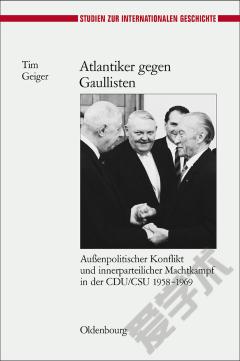
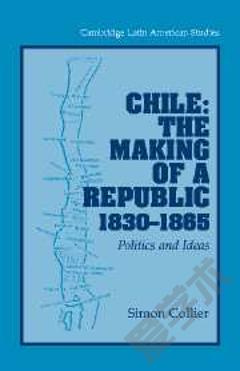
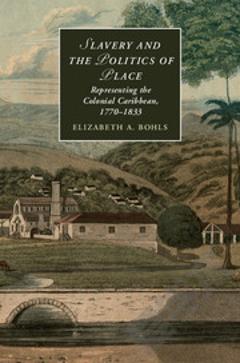


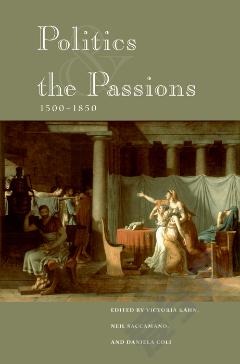

 京公网安备 11010802027623号
京公网安备 11010802027623号